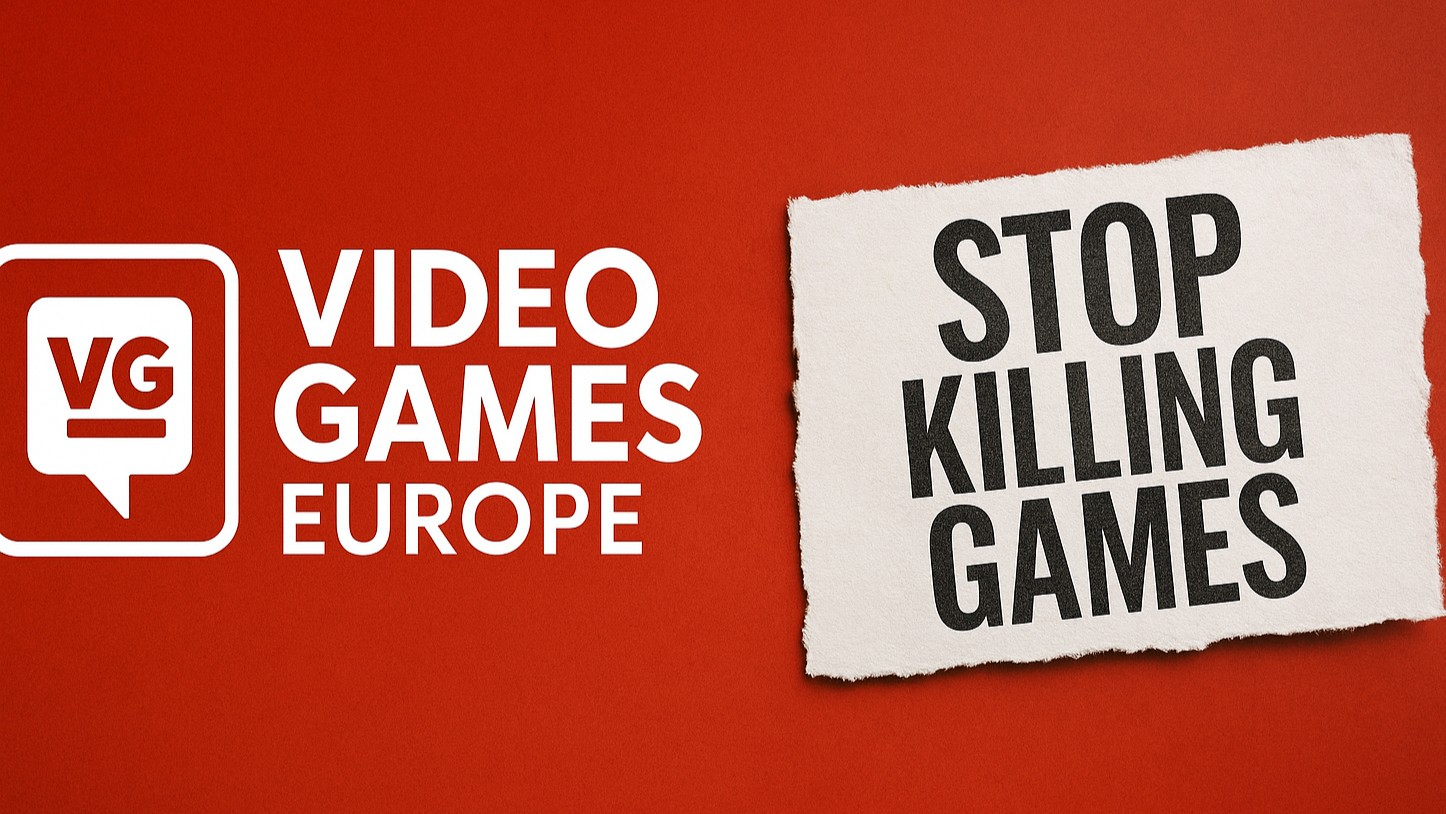Summary
- Stop Killing Games petition surpassed 1.2 million signatures advocating against shutting down online games.
- Video Games Europe issued a statement explaining the complexities of discontinuing online services.
- The trade body highlighted legal, financial, and safety concerns around private or fan-run servers.
- They emphasized that shutting down services is necessary when games are no longer commercially viable.
Stop Killing Games Movement Gains Momentum
The Stop Killing Games campaign recently crossed a major milestone by collecting over 1.2 million signatures in the European Union. This consumer-driven movement calls for legislation that prevents game publishers from permanently shutting down online services, which effectively removes access to games players have paid for. The petition frames the practice as planned obsolescence, harmful to both customers and game preservation efforts.
However, the movement’s reach is primarily within the EU and UK, meaning similar protections might not apply worldwide, leaving many players vulnerable to losing access to their purchased games.
Video Games Europe’s Response: A Complex Issue
Video Games Europe, the trade association representing game developers and publishers in the EU, responded to the petition by acknowledging the passion of gamers while emphasizing the difficulties companies face in maintaining online services indefinitely. They stated that discontinuing online features is never a decision taken lightly but is sometimes necessary when a game is no longer commercially viable.
They pointed out that private or fan-run servers are not always viable alternatives due to legal liabilities involving player data protection, illegal content, and cybersecurity concerns. Moreover, many modern games are built to be online only from the ground up, and forcing developers to maintain offline modes or servers could make game development prohibitively expensive.
Well, this is not the response that the fans wanted.
The core of this debate is the tension between player expectations—who often see the game as a product they own—and the industry’s view that games are licensed services subject to shutdown. While players want long-term access and preservation, developers stress the financial and practical challenges of keeping servers running forever.
Video Games Europe expressed willingness to discuss these concerns further with policymakers and Stop Killing Games campaign leaders, signalling that this issue is far from resolved and may lead to new regulations balancing consumer rights and industry realities.

